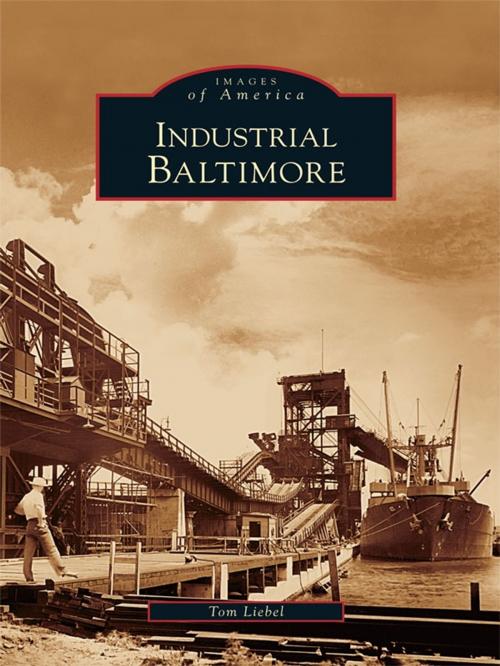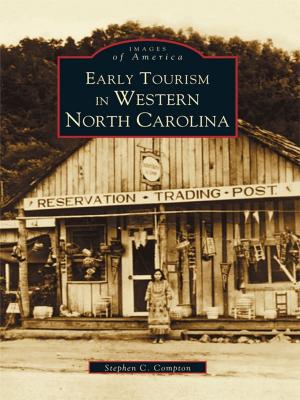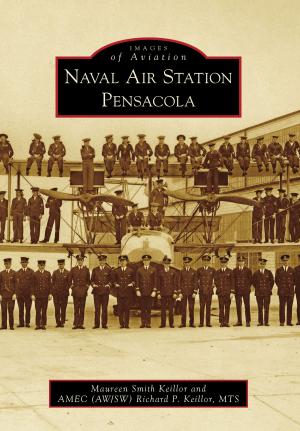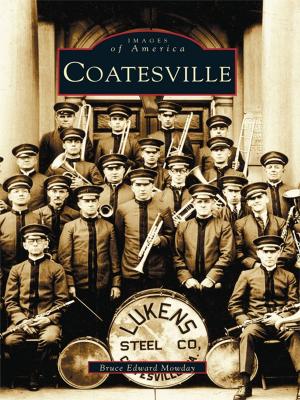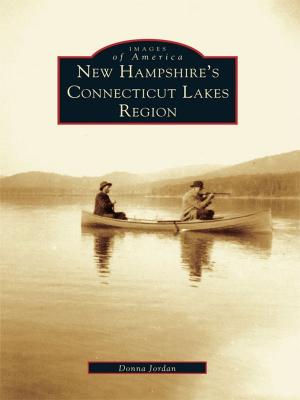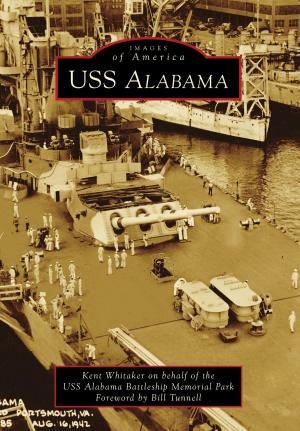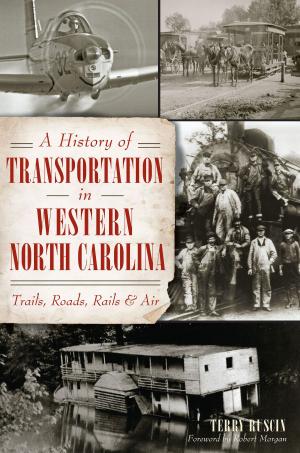| Author: | Tom Liebel | ISBN: | 9781439617328 |
| Publisher: | Arcadia Publishing Inc. | Publication: | June 21, 2006 |
| Imprint: | Arcadia Publishing | Language: | English |
| Author: | Tom Liebel |
| ISBN: | 9781439617328 |
| Publisher: | Arcadia Publishing Inc. |
| Publication: | June 21, 2006 |
| Imprint: | Arcadia Publishing |
| Language: | English |
Over the course of several centuries, Baltimore evolved from a Colonial-era port city to a thriving and dynamic city of
nearly a million people at the conclusion of World War II. As
the city grew, a wide variety of industries were established.
Railroads, ports, manufacturing sites, and public infrastructure, such as power plants, fundamentally transformed large swaths of Baltimore�s landscape. However, the second half of the 20th century saw a dramatic and often traumatic restructuring of the city�s economy; individual businesses and entire industrial sectors downsized, relocated, or completely collapsed. Today many such areas of Baltimore have changed radically as abandoned manufacturing sites have been demolished or converted to new uses. Images of America: Industrial Baltimore documents a vital component of the city�s working past through historic photographs of the people and sites that made the city an essential economic engine of the Industrial Revolution.
nearly a million people at the conclusion of World War II. As
the city grew, a wide variety of industries were established.
Railroads, ports, manufacturing sites, and public infrastructure, such as power plants, fundamentally transformed large swaths of Baltimore�s landscape. However, the second half of the 20th century saw a dramatic and often traumatic restructuring of the city�s economy; individual businesses and entire industrial sectors downsized, relocated, or completely collapsed. Today many such areas of Baltimore have changed radically as abandoned manufacturing sites have been demolished or converted to new uses. Images of America: Industrial Baltimore documents a vital component of the city�s working past through historic photographs of the people and sites that made the city an essential economic engine of the Industrial Revolution.
Over the course of several centuries, Baltimore evolved from a Colonial-era port city to a thriving and dynamic city of
nearly a million people at the conclusion of World War II. As
the city grew, a wide variety of industries were established.
Railroads, ports, manufacturing sites, and public infrastructure, such as power plants, fundamentally transformed large swaths of Baltimore�s landscape. However, the second half of the 20th century saw a dramatic and often traumatic restructuring of the city�s economy; individual businesses and entire industrial sectors downsized, relocated, or completely collapsed. Today many such areas of Baltimore have changed radically as abandoned manufacturing sites have been demolished or converted to new uses. Images of America: Industrial Baltimore documents a vital component of the city�s working past through historic photographs of the people and sites that made the city an essential economic engine of the Industrial Revolution.
nearly a million people at the conclusion of World War II. As
the city grew, a wide variety of industries were established.
Railroads, ports, manufacturing sites, and public infrastructure, such as power plants, fundamentally transformed large swaths of Baltimore�s landscape. However, the second half of the 20th century saw a dramatic and often traumatic restructuring of the city�s economy; individual businesses and entire industrial sectors downsized, relocated, or completely collapsed. Today many such areas of Baltimore have changed radically as abandoned manufacturing sites have been demolished or converted to new uses. Images of America: Industrial Baltimore documents a vital component of the city�s working past through historic photographs of the people and sites that made the city an essential economic engine of the Industrial Revolution.
